How Often Should You Wash Curly Hair?
Finding the perfect balance and tailoring your wash routine to the needs of your curly hair.

Image: Shutterstock
There are many misconceptions about washing curly hair. This could be because curly locks were frowned upon back in the day. Many curly-haired beauties would hurry out to a salon and straighten their locks. This meant that not a lot was clear about proper curly hair care. So, let us start from the basics – about washing your wonderfully curly hair. If you use too much shampoo or cleanse your hair too often, curly hair might become dry and difficult to manage. Keep reading to know the right methods of washing curly hair and other ways to maintain it.
In This Article
How Often To Wash Curly Hair?
Your hair texture will determine the washing regimen for your curls. You can find three distinct curly hair types – fine, medium-thick, and thick/coarse.
- Fine Curly Hair
Fine curly hair can become oily easily if not cleaned regularly. Wash your fine curly hair with a mild shampoo every alternate day. This ensures that your hair does not lose its curls or appear flat due to excess oil or greasiness.
Always use a lightweight, sulfate-free shampoo to prevent weighing down your fine curly hair. Apply a conditioner after shampooing to keep your hair moisturized. You can also use a leave-in conditioner so that your hair stays soft and manageable all day long.
- Medium-Thick Curly Hair
Any strenuous activity that makes the scalp sweaty or oily may affect the curl pattern of this hair type. Thus, shampoo your medium-thick curly hair every two to three days to get rid of any oil buildup. You can even rinse your hair only with water every alternate day to remove sweat and dirt.
- Thick/Coarse Curly Hair
Thick or coarse curly hair tends to hold moisture better and does not look greasy even without a wash for more than a week. If your hair is not that dirty, you can stretch for up to 10 days between washes.
You can wash your hair with a conditioner if you feel like your curls are losing their definition. Or do a simple water wash – clean your hair without any shampoo or conditioner. This ensures that excess oils are eliminated without stripping the natural moisture of your curls.
 pro tip
pro tipNote: Other factors, such as the scalp’s sebum production, exposure to dust and pollution, and indulgence in physical activities, also impact the duration between your hair washing sessions.
The following section answers a few queries about curly hair wash regimen to tame your coils and stop them from getting dull.
Key Takeaways
- It is recommended to wash fine curly hair with a mild shampoo every alternate day as this type of curly hair can become oily easily.
- Medium-thick curly hair can be shampooed every two to three days to get rid of any oil buildup or simply rinsed with water every alternate day to remove sweat and dirt.
- Thick or coarse curly hair can hold moisture well and can be shampooed once a week, washed with a conditioner to give the curls some definition or cleaned with water whenever it feels dirty and sweaty.
When Should You Wash Curly Hair?
- Wash Only When The Hair Is Dirty
People often tend to wash their hair every couple of days. But washing your hair too frequently may strip the natural oils required for its healthy growth. Lack of oil and moisture makes the hair dry, rough, and itchy. Jessica Shults, an expert hairstylist, says, “Focus on scrubbing the scalp to cleanse and stimulate it. You can then let the suds gently wash over the strands during the rinse to avoid stripping moisture from your curls.”
 Quick tip
Quick tipHence, shampoo your hair only when it becomes dirty and your curls look weighed down. Otherwise, cleanse your hair with water by massaging the scalp to eliminate dirt and excess oils. You can also co-wash your hair to retain its natural moisture.
A more regular wash is required when the hair smells and gets dirty or sweaty due to swimming or other physical activities.
- Wash Only To Remove Build up
Buildup does not mean only oils; it can be dirt, sweat, impurities, and product residue. The more products you use, the more the chances of residue buildup on your hair, which makes your curls appear flat and limp.
Wash off the products from your hair with water and follow up with a conditioner. Use shampoo only if the product is difficult to rinse off. This will not dry out your wavy tresses and cause breakage and hair fall.
How Long Can I Go Without Washing My Curly Hair?
Depending on your curl type and the amount of dirt and buildup, decide the frequency of washing your curls. If you have tightly coiled curls that are not dirty, extend the time between two washes to more than a fortnight. On the other hand, fine curly and medium curly hair needs to be washed at least twice or thrice a week.
Your curly hair will become frizzy and unmanageable if you shampoo or wash it too often. The number of times you can wash your curly hair a week depends on your hair’s type, texture, and state. The frequency of washing depends on the amount of product buildup, curl type, and the kind of lifestyle you follow. For example, if you work out and sweat a lot, you may have to wash your hair more often. Following the tips and instructions mentioned above can help you choose the perfect hair wash routine.
Frequently Asked Questions
Should you brush wet, curly hair?
Yes. Brushing wet, curly hair is recommended rather than dry hair, since the latter may lead to breakage, split ends, frizz, and loosening of natural curls.
Should you wash curly hair with cold water?
Yes. According to anecdotal evidence, washing your hair with lukewarm to cold water may help reduce frizz and add shine to your hair.
Is coconut oil good for curly hair?
Yes. Coconut oil penetrates your hair shafts, nourishes it, protects it from damage, adds shine, and also reduces keratin damage (1).
Does hot water make curly hair frizzy?
Yes. According to anecdotal evidence, washing your hair with hot water may swell the hair shafts. While it may help clean out excess oil and dirt, it may also cause frizzy hair.
Watch this inspiring video that details the washing frequency of curly hair. Explore tips, considerations, and advice on how frequently to wash your curls to maintain their health.
References
Articles on StyleCraze are backed by verified information from peer-reviewed and academic research papers, reputed organizations, research institutions, and medical associations to ensure accuracy and relevance. Read our editorial policy to learn more.
- Hair Cosmetics: An Overview
https://www.ncbi.nlm.nih.gov/pmc/articles/PMC4387693/
Read full bio of Jessica Shults
Read full bio of Arshiya Syeda
Read full bio of Anjali Sayee
Read full bio of Swathi E







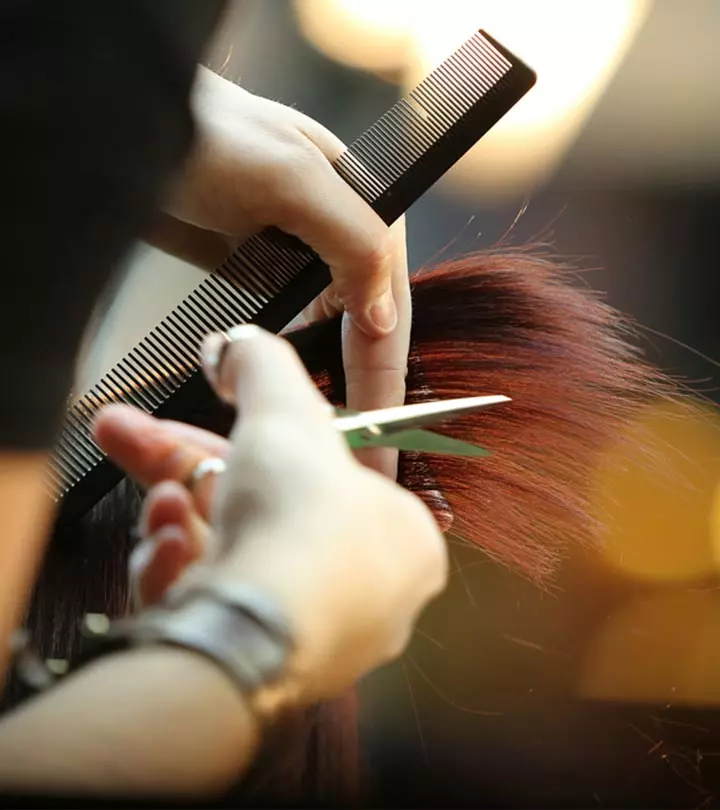


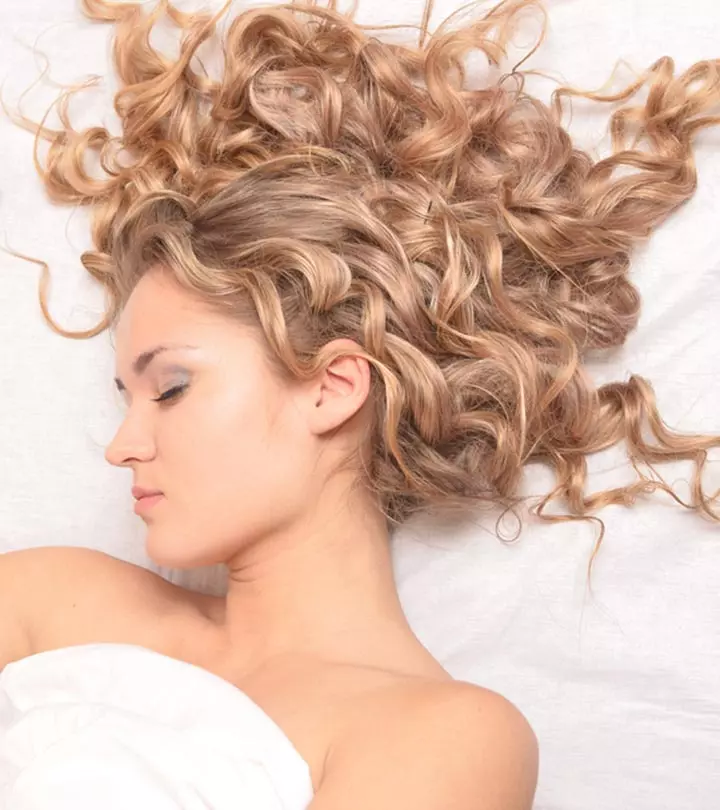
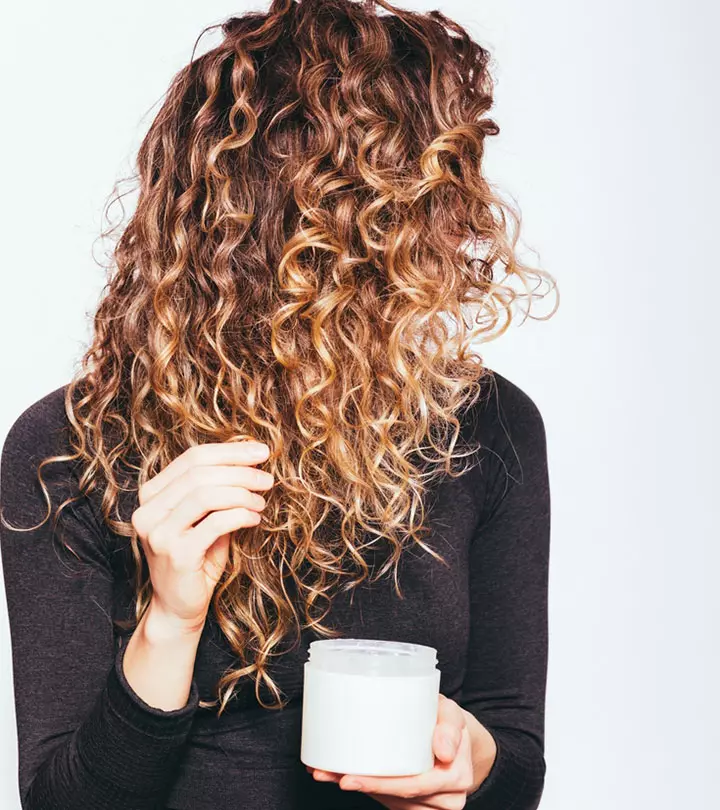





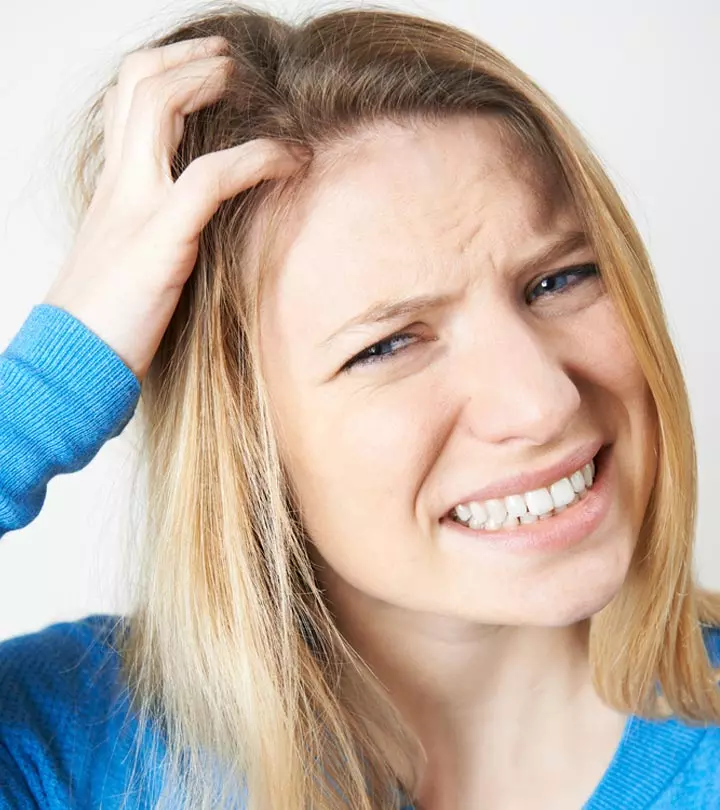

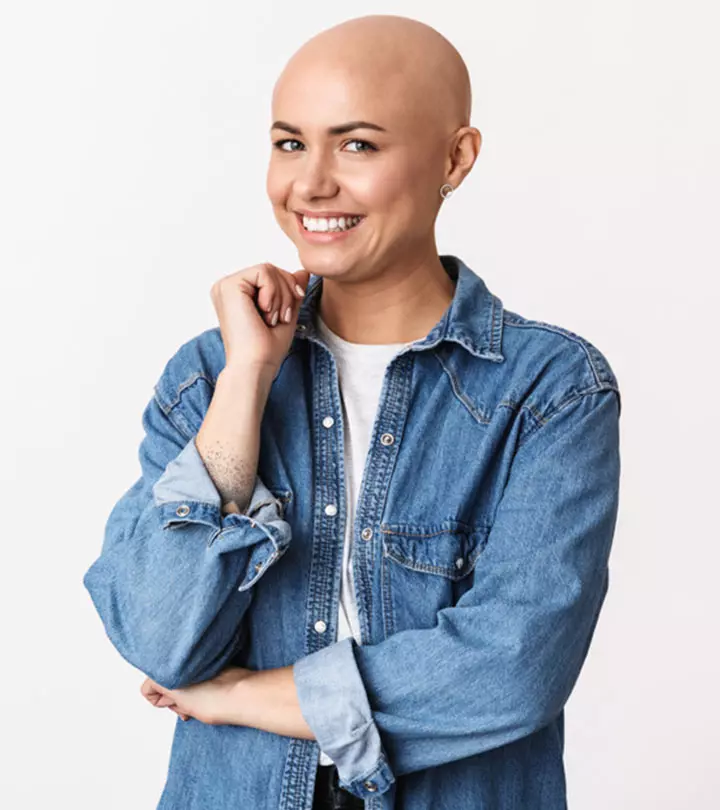





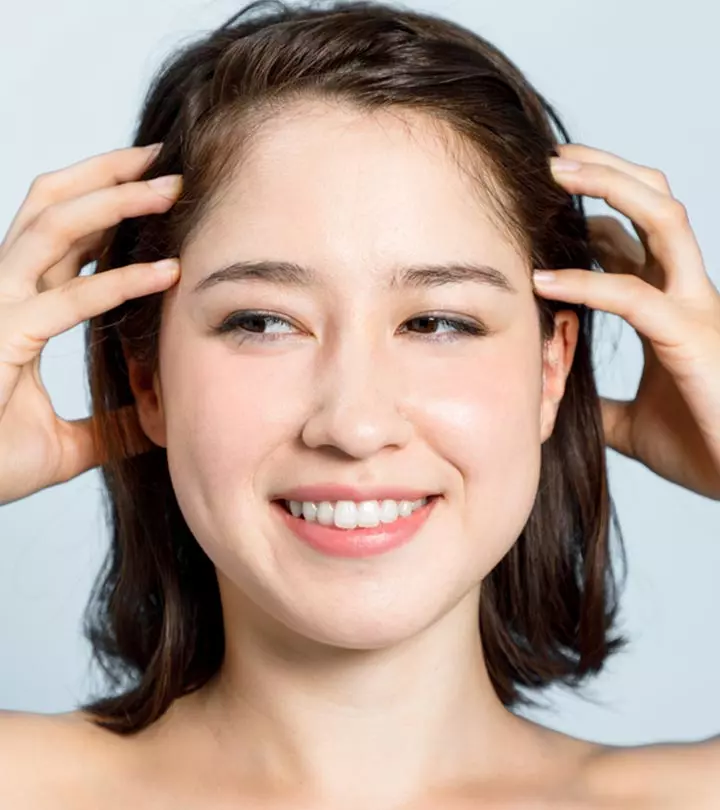
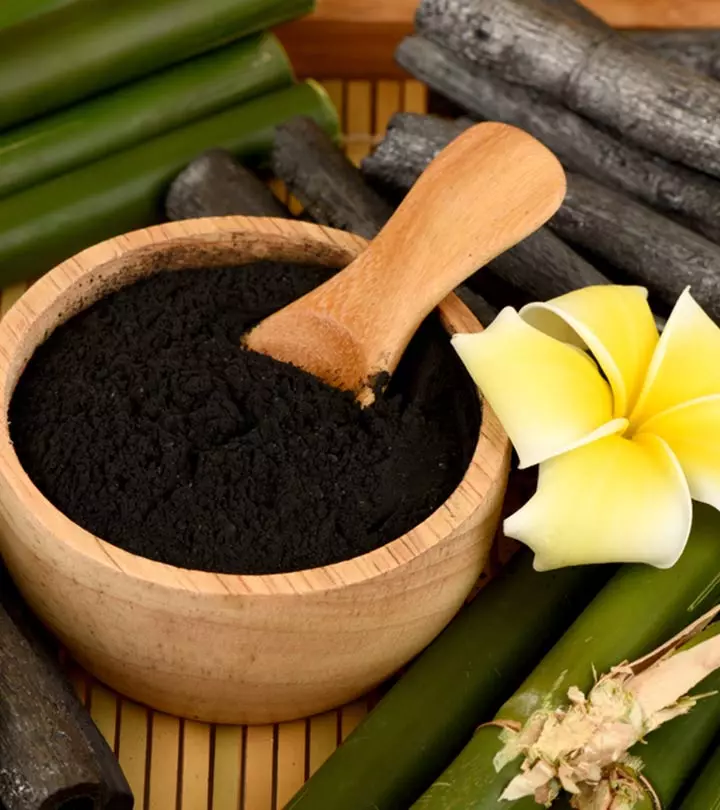
Community Experiences
Join the conversation and become a part of our empowering community! Share your stories, experiences, and insights to connect with other beauty, lifestyle, and health enthusiasts.